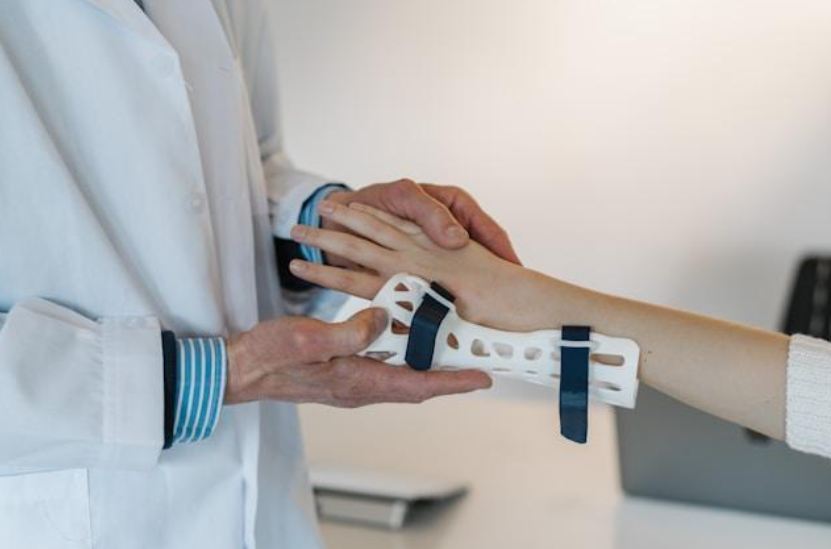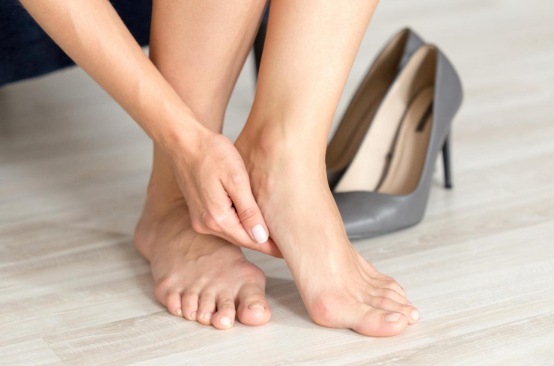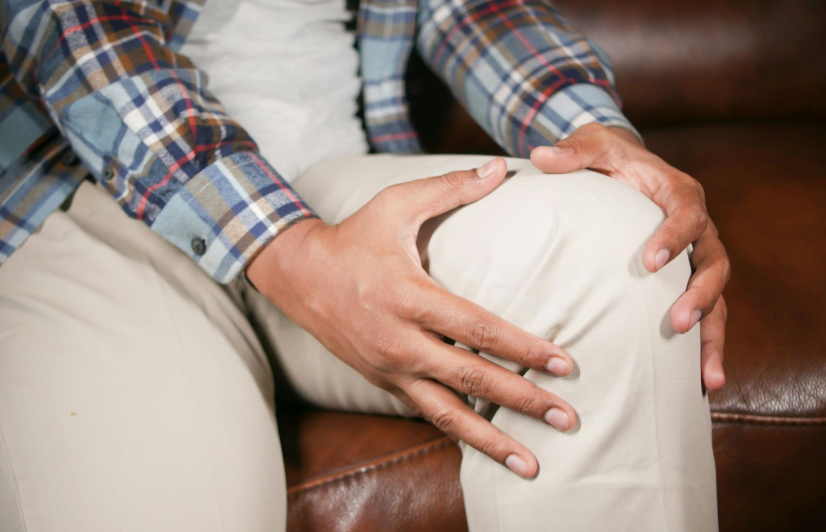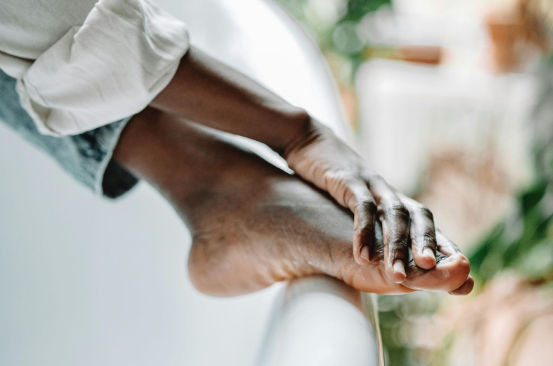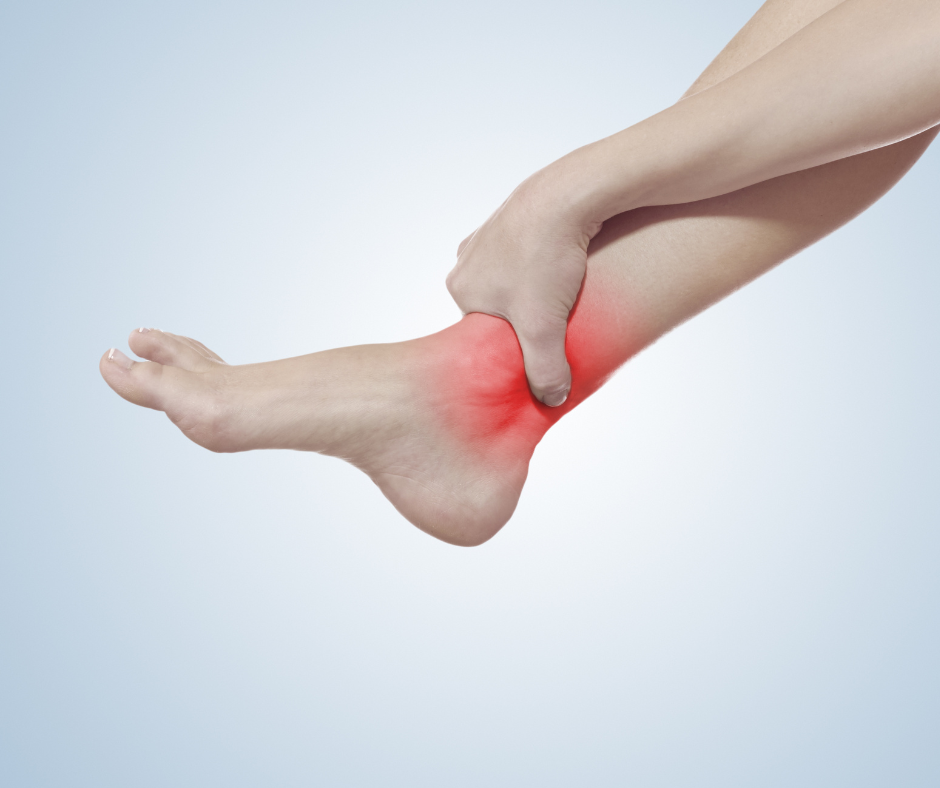KNEE-DEEP IN KNOWLEDGE: ALL ABOUT ARTHRITIS IN THE KNEE
Knee-Deep in Knowledge: All about Arthritis in the Knee
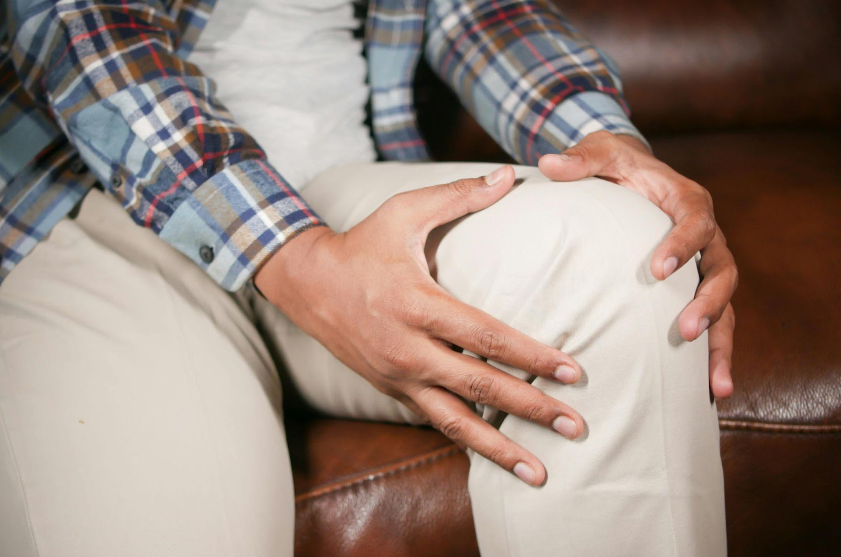
Are your knees protesting every time you take a step? Is it getting more difficult to enjoy your daily walks, or even go up and down stairs? If you answered in the affirmative to either of these two questions, there's a chance that arthritis might be what you’re dealing with. But fear not! We’re about to shed light on arthritis in the knee.
Read on as we demystify the condition and equip you with the knowledge on how to tackle it head-on.
Understanding Arthritis in the Knee
Arthritis is a condition where the protective cartilage in your knee joint begins to break down, causing pain, inflammation, and reduced mobility. There are several types of arthritis, but the two most common ones that affect the knee are osteoarthritis and rheumatoid arthritis.
Osteoarthritis is a type of arthritis that is often a result of wear and tear over time. It can occur due to an injury or the natural aging process, where the knee's cartilage starts to deteriorate. Think of it as your knee's shock absorbers slowly wearing out over time.
Unlike osteoarthritis, rheumatoid arthritis is an autoimmune disease. Your body's immune system mistakenly attacks the healthy joint tissues, causing inflammation, pain, and eventual joint damage. This type of arthritis is therefore much more common in younger patients, though it can still affect you regardless of age.
Symptoms to Look Out For
Now that you know a little more about arthritis, let's discuss how you can spot the symptoms of it in your knee. Your knee isn't shy when it comes to signaling distress, and it will tell you in the following ways:
- Pain: Arthritis pain can start as a dull ache and progress to intense pain, making everyday activities a challenge.
- Swelling: Your knee may puff up due to inflammation, making it appear rounder than usual. This can be both uncomfortable and unsightly.
- Stiffness: Arthritis can turn your knee into a rusty hinge, making it hard to bend or straighten fully. It's often worse in the morning or after periods of inactivity but can still linger throughout the day.
- Crunching or Popping Sounds: No, your knee isn't auditioning for a pop band! Those noises are a result of the damaged cartilage rubbing against each other.
- Weakness and Instability: Arthritis can make your knee feel unstable or give way, potentially leading to falls.
The Importance of a Diagnosis
Once you suspect that you might have arthritis in your knee, it's time to pay a visit to the doctor. They will start by taking a detailed medical history and may perform a physical examination to assess your knee's mobility and any signs of inflammation.
The next step will likely be your doctor recommending some X-rays or MRI scans. These will help them see the extent of cartilage damage and rule out other possible causes of knee pain. This helps give you a clearer diagnosis, which can lead to a more effective treatment plan.
Show Arthritis the Exit Door
Here's the good news: arthritis in the knee doesn't mean you're doomed to a life of pain and limitations. There are various treatment options that can help you regain control of both your knees and your life:
Medications
Over-the-counter pain relievers like acetaminophen or nonsteroidal anti-inflammatory drugs (NSAIDs) can help manage pain and reduce inflammation. Your doctor may also prescribe stronger medications if needed.
Physical Therapy
A skilled physical therapist can work with you to develop an exercise regimen that strengthens the muscles around your knee, improves flexibility, and helps manage pain.
Lifestyle Modifications
Simple changes like losing excess weight can significantly reduce the stress on your knee joint. Using assistive devices like a cane or brace can also provide added support.
Injections
Corticosteroid injections directly into the knee can provide temporary relief from pain and inflammation.
Platelet-Rich Plasma (PRP) Therapy
This emerging treatment involves injecting a concentrated dose of your platelets into the knee to stimulate healing and reduce inflammation.
Surgical Interventions
In severe cases where other treatments don't provide relief, surgery may be necessary. This can include arthroscopy to clean out the joint, realignment of bones, or even partial or total knee replacement.
Managing Arthritis at Home
In addition to medical interventions, there are steps you can take at home to manage knee arthritis effectively and improve your quality of life:
- Stay Active: Regular, low-impact exercises like walking, swimming, or cycling can help keep your knee mobile and strengthen the muscles around it. Don't forget to warm up and cool down to prevent injury.
- Hot and Cold Therapy: Applying heat and ice to your knee can help alleviate pain and reduce swelling. Experiment to see which works best for you.
- Maintain Healthy Weight: Extra pounds put additional strain on your knees. Shedding those extra pounds can significantly reduce discomfort and slow down the progression of arthritis.
- Use Assistive Devices: Canes, knee braces, and shoe inserts can provide much-needed support and stability to your knee joint.
- Dietary Choices: Certain foods like fatty fish, nuts, and antioxidants found in fruits and vegetables can help reduce inflammation. Cutting down on processed foods and excessive sugar can also have a positive impact.
Knee arthritis might sound intimidating, but it doesn't have to be a life sentence of discomfort and inactivity. With the right approach and help from the right team, such as those at
AZ Ortho, you can manage the pain and maintain an active lifestyle.
Contact us today for more information.
